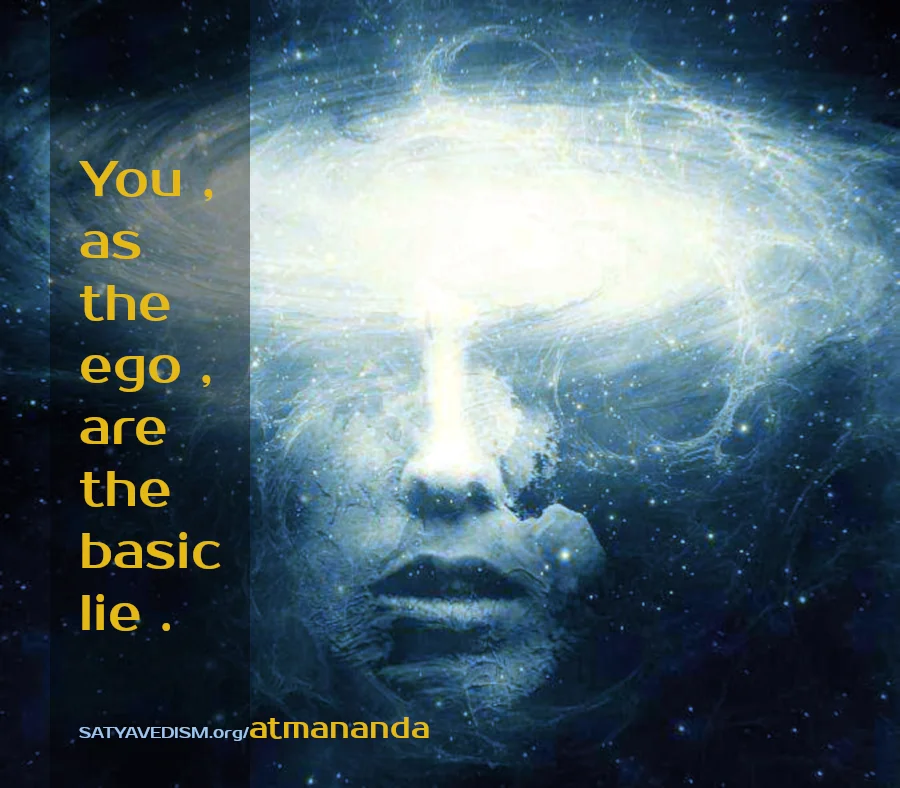PHYSICS & PHILOSOPHY | SEL001 | HEISENBERG
| | homePHYSICS & PHILOSOPHY | SEL001 | WERNER HEISENBERG
|| CHAPTER IV | QUANTUM THEORY & THE ROOTS OF ATOMIC SCIENCE ||
THE concept of the atom goes back much further than the beginning of modern science in the seventeenth century ; it has its origin in ancient Greek philosophy and was in that early period the central concept of materialism taught by Leucippus and Democritus .
On the other hand , the modern interpretation of atomic events has very little resemblance to genuine materialistic philosophy ; in fact , one may say that atomic physics has turned science away from the materialistic trend it had during the nineteenth century .
It is therefore interesting to compare the development of Greek philosophy toward the concept of the atom with the present position of this concept in modern physics .
The idea of the smallest , indivisible ultimate building block of matter first came up in connection with the elaboration of the concepts of Matter , Being , and Becoming which characterize the first epoch of Greek philosophy .
This period started in the sixth century BC with Thales , the founder of the Milesian school , to whom Aristotle ascribes the statement : " Water is the material cause of all things " .
This statement , strange as it looks to us , expresses , as Nietzsche has pointed out , three fundamental ideas of philosophy .
First , the question as to the material cause of all things ; second , the demand that this question be answered in conformity with reason , without resort to myths or mysticism ; third , the postulate that ultimately it must be possible to reduce everything to one principle .
Thales' statement was the first expression of the idea of a fundamental substance , of which all other things were transient forms .
The word " substance " in this connection was certainly in that age not interpreted in the purely material sense which we frequently ascribe to it today .
Life was connected with or inherent in this " substance " and Aristotle ascribes to Thales also the statement : All things are full of gods .
Still the question was put as to the material cause of things and it is not difficult to imagine that Thales took this view primarily from meteorological considerations .
Of all things we know water can take the most various shapes ; it can in the winter take the form of ice and snow , it can change into vapour , and it can form the clouds . It seems to turn into earth where the rivers form their delta , and it can spring from the earth . Water is the condition for life .
Therefore , if there was such a fundamental substance , it was natural to think of water first .
The idea of the fundamental substance was then carried further by Anaximander , who was a pupil of Thales and lived in the same town .
Anaximander denied the fundamental substance to be water or any of the known substances .
Anaximander taught that the primary substance was infinite , eternal and ageless and that it encompassed the world . This primary substance is transformed into the various substances with which we are familiar .
Theophrastus quotes from Anaximander : " Into that from which things take their rise they pass away once more , as is ordained , for they make reparation and satisfaction to one another for their injustice according to the ordering of time " .
In this philosophy the antithesis of Being and Becoming plays the fundamental role .
The primary substance , infinite and ageless , the undifferentiated Being , degenerates into the various forms which lead to endless struggles .
The process of Becoming is considered as a sort of debasement of the infinite Being — a disintegration into the struggle ultimately expiated by a return into that which is without shape or character .
The struggle which is meant here is the opposition between hot and cold , fire and water , wet and dry , etc .
The temporary victory of the one over the other is the injustice for which they finally make reparation in the ordering of time .
According to Anaximander , there is eternal motion , the creation and passing away of worlds from infinity to infinity .
It may be interesting to notice at this point that the problem — whether the primary substance can be one of the known substances or must be something essentially different — occurs in a somewhat different form in the most modern part of atomic physics .
The physicists today try to find a fundamental law of motion for matter from which all elementary particles and their properties can be derived mathematically .
This fundamental equation of motion may refer either to waves of a known type to proton and meson waves , or to waves of an essentially different character which have nothing to do with any of the known waves or elementary particles .
In the first case it would mean that all other elementary particles can be reduced in some way to a few sorts of " fundamental " elementary particles ; actually theoretical physics has during the past two decades mostly followed this line of research .
In the second case all different elementary particles could be reduced to some universal substance which we may call energy or matter , but none of the different particles could be preferred to the others as being more fundamental .
The latter view of course corresponds to the doctrine of Anaximander , and I am convinced that in modern physics this view is the correct one .
But let us return to Greek philosophy .
SOURCE | SATYAVEDISM.ORG


































































































